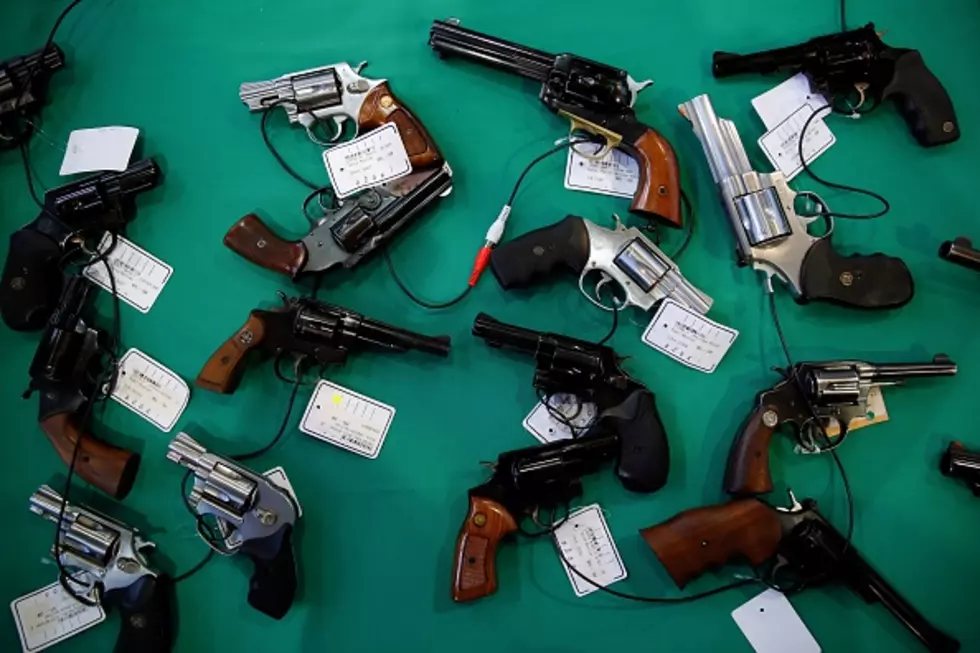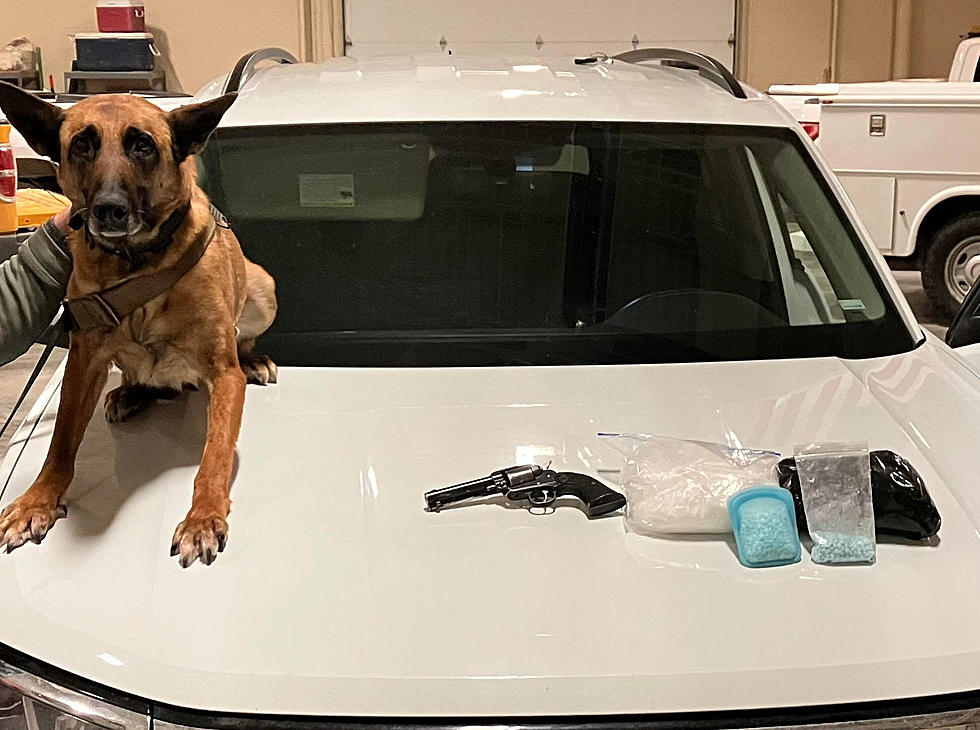
Supreme Court Rules Warrantless Gun Confiscation Unconstitutional
Monday saw the U.S. Supreme Court come together in a decision that barred police overreach in search and seizure based on concern for health or public safety.
The Supreme Court ruled, 9-0 that warrantless gun confiscation from Americans’ homes is unconstitutional.
The case came from a Rhode Island man whose firearms were taken by law enforcement without a warrant after his wife expressed concerns that he might hurt himself. The police confiscating his guns without a warrant fell under the Fourth Amendment’s “community caretaking” exception

But even a man who might be perceived as a danger to himself or others deserves "due process" before the government can come in and violate his rights.
Justice Clarence Thomas wrote the opinion, stating: “many civic tasks in modern society,” but there is “not an open-ended license to perform them anywhere.”
“The very core of the Fourth Amendment,” Thomas wrote, is the “right of a man to retreat into his own home and there be free from unreasonable search and seizure.”
So, if police are told that a person might be a danger to himself or others, they can pay him a visit to see what is going on. But before they can seize anything, or even take him to the station or hospital, that person is entitled to a review by a court.
Essentially the court ruled that a person's rights cannot be violated by the government on a whim.
A Field Guide To Wyoming Tourist Types
More From Wake Up Wyoming









